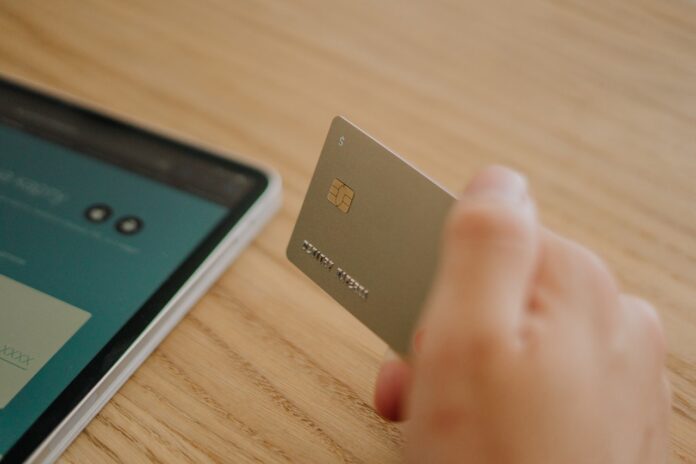
Hi everybody! Today I want to tell you why it is beneficial to use credit cards. And I will also tell you how to use credit cards properly to make them beneficial to you.
I have worked in different banks in the country for a long time and I have gained enough experience to share it. I believe that society develops when people now share it with other people. This will raise the level of awareness and, consequently, the standard of living.
A little bit of theory
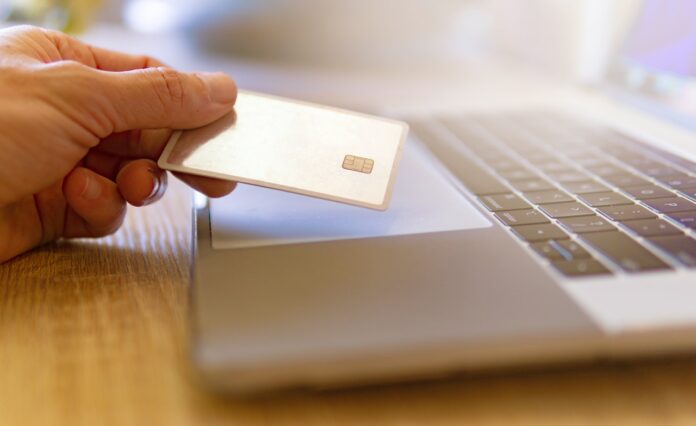
What is a credit card?
Credit cards are payment cards that allow the customer to pay for goods and services with the bank’s funds. This gives the opportunity to always have an additional amount for expenses. This is convenient in case of unplanned purchases: for example, there is an opportunity to take advantage of unexpected discounts or favorable special offers.
How does the credit card work?
When you apply for a credit card the bank defines the credit amount (credit limit). The client can make purchases at any time using the borrowed funds, and later pay off the bank.
Rules for successful credit card use
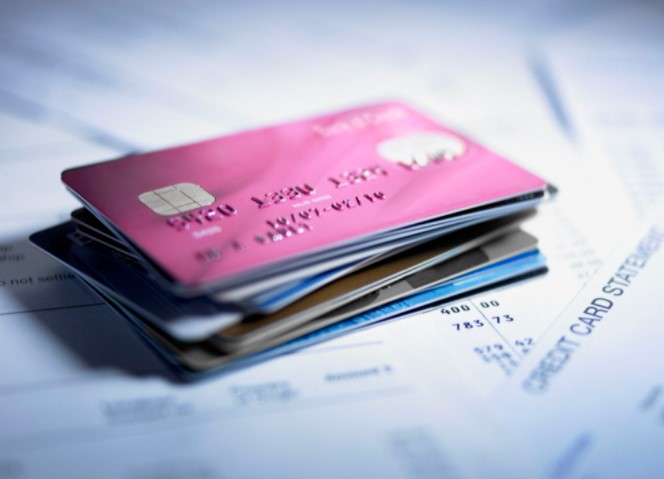
Now, I suggest we get to the most important part. Without the rules for using a credit card, it can hurt you. That’s why I highly recommend reading this section.
Refuse a credit card without a grace period
There are both credit cards on the market with and without a grace period. The grace period is so important and obvious that using a card without a grace period, makes no sense at all and is fraught with too much financial loss.
Payback your debt all at once
You will have much less to spend if you pay back the full amount you withdraw before the grace period ends. It’s better than paying interest on your loan and paying back a small portion of it each month. And it doesn’t matter if your debt is $1,000 and your paycheck is $3,000 and you’re worried that you’ll need the entire amount of your paycheck by the end of the month. You can always withdraw money from your credit card again at a reduced rate, with minimal losses. But only if you added money to your card before you withdrew it, for the full amount owed. And you must top up your credit card as soon as possible.
Do not withdraw cash from ATMs
First of all, I recommend you not to withdraw cash from a credit card at an ATM. This is caused by the cost of this operation. Some banks charge you up to 5% of the amount you withdraw. But even if it is 3% of the cash, and you withdraw $1,000 a month, it is not difficult to calculate that you will pay to the bank $600 a year for this pleasure.
Study the contract fees carefully

When choosing a credit card, you need to carefully study the fees, rates, and all sorts of fees that this financial instrument costs you. This is to ensure that you don’t use a credit card at a disadvantage. Other banks, on the other hand, may have more attractive offers and fees that are more closely matched to your needs.
Use your credit card regularly
There is a recent trend for banks to encourage the customer to make payments. In other words, many financial institutions have established a fee for maintaining an inactive card account – for example, $5 per month for an account that you have not used for more than two months.
Use your credit limit only as a last resort
If you want to use your credit card wisely and to your advantage, then you should not take money from it to buy various things that you can already save up for a couple of months. The borderline case of using a credit card with minimal financial harm to you is to “grab” until your paycheck (if the card has a grace period).
Restrict your credit card limit
I recommend that you don’t economize on mobile banking or online banking services. Regular SMS-informing and 24/7 access to your account status, as well as the ability to view your card transactions, will save you a lot of trouble. This will give you constant control of your funds – you won’t spend them unnoticed while shopping. And if fraudsters get access to it, they won’t have time to withdraw all the money.
What are the favorable conditions of banks?
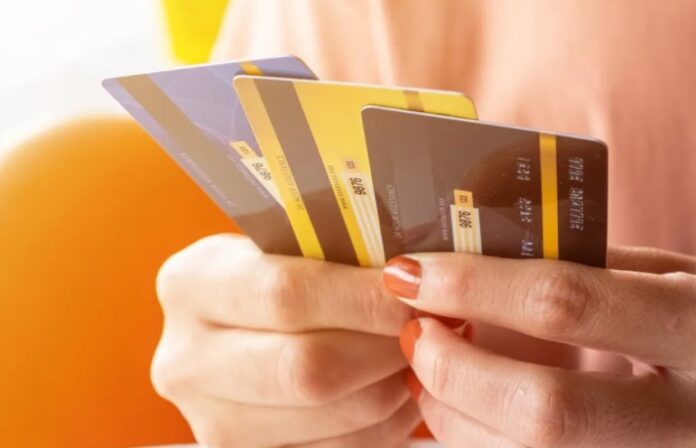
And now for the main thing. Which bank should you trust your money to? Now I will show you how to choose the right bank. Info is taken from myfin.us.
So, let’s get started:
1. First Progress Platinum Prestige Mastercard® Secured from Synovus Bank
- Rewards Rate: This card doesn’t offer cash back, miles, or points
- Intro Offer: No current offer
- Annual Fee: $49 annually
- Purchase Intro APR: None
- Regular APR: 9.99% Variable
- Balance Transfer APR: None
Bank Analysis: This bank will suit students with low credit scores. In addition, the bank has a low interest rate for purchases. There are reports in 3 major credit bureaus. Also, the bank has an extensive range of credit limits.
Of the disadvantages: high annual fee, high transaction fees for cash advances, high penalties. Foreign transaction fees are quite high. Therefore, this bank is not suitable for people who regularly transfer funds to other countries, their loved ones for example.
2. Gold Preferred® Secured Visa® by Applied Bank
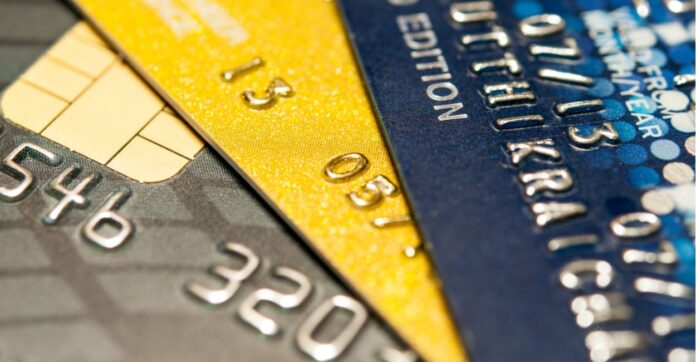
- Rewards Rate: This card doesn’t offer cashback, miles, or points
- Intro Offer: No current offer
- Annual Fee: $48 annually
- Purchase Intro APR: None
- Regular APR: 9.99% Regular
- Balance Transfer APR: None
Bank Analysis: I can note the annual interest rate which is lower than the average for the country. The theft protection is on the cards of this bank.
From the minuses: commission for transfers to other countries, annual fee, there are no rewards and cashback.
3. Evolve℠ from Sallie Mae Bank
- Rewards Rate: 2% Cash Back on your two highest-spending eligible categories per month. 1.5% Cash Back on everything else.
- Intro Offer: $200 Earn a $200 cash back reward after you spend $1,000 in the first 3 months
- Annual Fee: None
- Purchase Intro APR: 0% Introductory APR for 15 months from the date of account opening.
- Regular APR: 12.99% – 24.99% Variable APR
- Balance Transfer APR: 12.99% – 24.99% Variable APR
Bank Analysis: The situation is different here. The bank offers 0% initial APR on purchases and transfers. Also, the bank has no annual fee for using the account.
Disadvantages: There is a commission on foreign transfers.
4. Discover it® Student Cash Back from Discover Bank
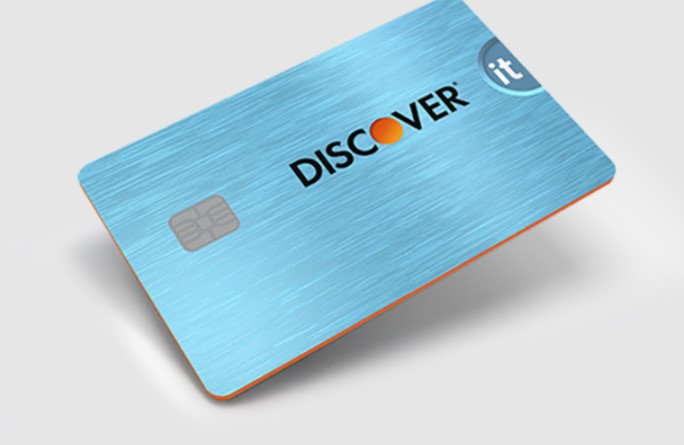
- Rewards Rate: $20 Earn statement credit each school year your GPA is 3.0 or higher for up to the next five years. 5% Cash Back on everyday purchases during the school year (and all year long) at different places each quarter, such as Amazon, Grocery stores, Restaurants, Gas stations. 1% Cash Back on all other purchases
- Intro Offer: 2x Discover will automatically match all the cash back you’ve earned at the end of your first year! So you could turn $50 cashback into $100. Or turn $100 into $200. There’s no minimum spending or maximum rewards. Just a dollar-for-dollar match
- Annual Fee: None
- Purchase Intro APR: 0% Intro APR for 6 months from date of account opening
- Regular APR: 12.99% – 21.99% Variable
- Balance Transfer APR: 0.99% The APR for 6 months from the date of first transfer. 12.99% – 21.99% Variable
Bank Analysis: This bank will suit students as it has a large number of promotions and offers, including cashback in different categories.
The list of banks is much longer than I presented in this article. This is just an example that you can use. I recommend reading the terms and conditions of each bank yourself before choosing.
Conclusion
As you can understand, there are plenty of banks. In order to choose the right bank, you need to study the conditions of each bank in detail. I have tried to present the material simply enough so that everyone can get acquainted with the information without going into detail.
Based on the above, using credit cards makes life easier when you need money before payday or you’re about to make a big purchase.
But to find the perfect credit card, you need to know the terms and conditions of each bank you are considering. The same applies to students. I hope my article was helpful to you and opened your eyes to some details. Best of luck and financial independence!











